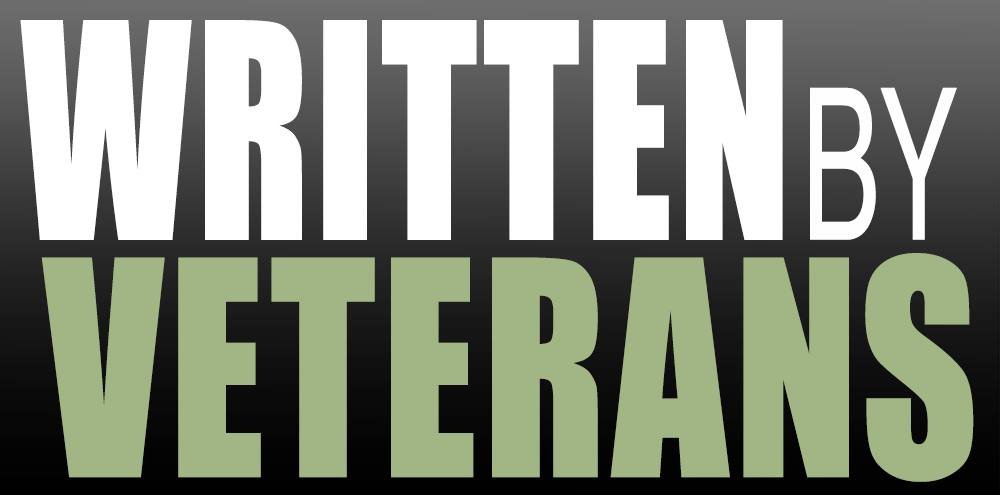Living the Dream Book Series
Living the Dream: Nightmares of Military Re-integration
When military veterans separate from the military, they face struggles that are hard to understand. Finding their place and a purpose is not as easy as it sounds. The military tells us when we separate there will be people waiting in line to hire us because of our dedication, punctuality, loyalty, work ethic, and the desire to get the job done. That is true for some, but others struggle to find a job or just fit in. Living the Dream is a collection of real stories I have heard in the therapy room, from friends, and acquaintances, trying to become a civilian again. Living the Dream is intended to let military veterans know they are not alone and help civilians understand the culture shock our veterans face once they leave Active Duty. It is my hope this book will encourage society to help veterans find their place and a purpose.
Mock up image source: <a href="http://www.freepik.com">Designed by yeven_popov / Freepik</a>
Living the Dream II: Nightmares of Navigating the VA System
One of the biggest frustrations veterans face is working through the Veterans Administration (VA) bureaucracy. Some veterans love the VA while others hate it. A veteran’s love or hate of the VA depends on their past experiences and the experiences expressed by others. Veterans struggle with health issues caused by the beatings their bodies and minds take while in the military. Struggling with the VA bureaucracy can be daunting because of the system Congress has set up. Some veterans give up on the VA because it is hard to navigate and frustrating. This book was written to help veterans and their families understand the VA system. Managing expectations is key to surviving the VA bureaucracy. The stories in the book are some of the problems I have heard and seen from my experiences, clients, and friends. The VA is constantly changing the rules, staying updated with the rules is a challenge and necessary for getting what you need and have earned. It is my hope these stories will shed light on the VA bureaucracy to assist veterans in receiving the services they have earned.
Mock up image source: <a href="http://www.freepik.com">Designed by yeven_popov / Freepik</a>
51 Stupid Question People Ask Veterans
51 Stupid questions is a look at how naive and curious civilians can be about veterans. Most of the time, civilians’ questions or comments are not meant to do harm. They are just curious about veterans and their time in the military. That curiosity can be harmful to the veteran, depending on their situation and mental state. As a therapist, I deal with those veterans who get triggered by being questioned. Veterans are a closed group in most cases and trust very few. They are more open with other veterans because they do not feel judged. Veterans believe, right or wrong, that civilians judge them and their actions. They often feel that way because civilians have been known to ask stupid questions without understanding the ramifications of those questions. I wrote this book to help civilians know that they can help veterans by embracing their sacrifices by not questioning them for their curiosity. Civilians can earn the trust of a veteran by respecting their service and not asking stupid questions. If you get to know a veteran and earn their trust, you will hear some stories about their military service. But remember, some questions are never OK to ask. Most of them are in this book.
Mock up image source: <a href="http://www.freepik.com">Designed by jcomp / Freepik</a>
Married to PTSD Book Series
Married to PTSD: Stories from the Trenches
Have you ever wondered why your spouse is acting the way they are? Why do they refuse to get help for their PTSD? Why is it taking so long to get past their PTSD? And why will they not just get over it and move on? All these questions are standard and discussed in this book. Married to PTSD, stories from the trenches is a book where accounts have been put together to help family members answer some of these questions. Bo has researched and worked with hundreds of veterans and their family members over the years surrounding PTSD and TBI. He understands that the spouses and family members need to know what they are seeing in their loved one with PTSD and TBI, and how to react. The short stories in this book will help you know that you are not alone and give you some answers to your questions surrounding your loved one's PTSD and TBI.
Mock up image source: <a href="http://www.freepik.com">Designed by Yeven_Popov / Freepik</a>
Married to PTSD: More Stories from the Trenches
People believe that PTSD is a military thing; it's not; it is a normal human reaction to a horrific event that includes civilians. The stories in this book are from military families. Still, they cross the line into the civilian community because PTSD does not discriminate. Most PTSD in the world comes from the civilian sector of society. Since so much PTSD research is done by the Veterans Administration, so many believe that most PTSD comes from combat. As a therapist specializing in PTSD, I am here to tell you it is not. So many folks think of military members as heroes. They are not heroes. The heroes are the spouses, children, and family members who keep things together while their loved one is gone or struggling with PTSD symptoms. Those who live with PTSD symptoms cannot make it without their loved ones being there for them. These stories were written to help everyone understand that they are not alone. If you are Married to PTSD, I hope you can recognize yourself in these stories. I hope they will help you understand that being married to PTSD is not easy but possible.
Mock up image source: <a href="http://www.freepik.com">Designed by yeven_popov / Freepik</a>
My Way or The Highway: 7 Keys to a Successful PTSD Relationship
This book answers PTSD sufferers who yearn to be understood by their partners and for the partners who don’t know what they don’t know. The work we’ve engaged in with individuals with PTSD, couples, and spouses has allowed us the opportunity to witness the 7 keys that are essential to a successful PTSD Relationship. PTSD relationships are complex. This book is a tool to start on the path to a successful PTSD relationship. The Keys may appear simple though putting them into practice can be a challenge without guidance. If you feel you’ve needed support to navigate your PTSD relationship, this book is for you. This book is not intended to be therapy but a roadmap to a successful PTSD relationship.
You’ll discover
Key 1: Am I living with PTSD? Signs, Symptoms, and Causes of PTSD.
Key 2: The PTSD Approach. How your approach hinders or helps your loved one’s PTSD.
Key 3: Trust. Courage to be Vulnerable.
Key 4: Coping Skills. Physical Therapy for the Brain.
Key 5: De-Escalation. Start Now.
Key 6: Tell Your Story. How and Why.
Key 7: What We Have Here is a Failure to Communicate. Communicate what you really mean.
Mock up image source: <a href="http://www.freepik.com">Designed by Freepik</a>








